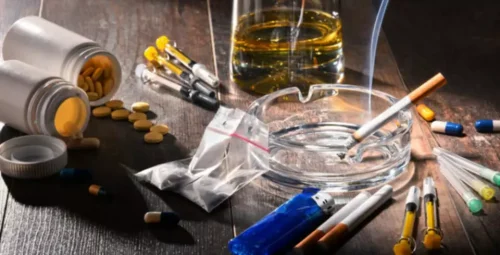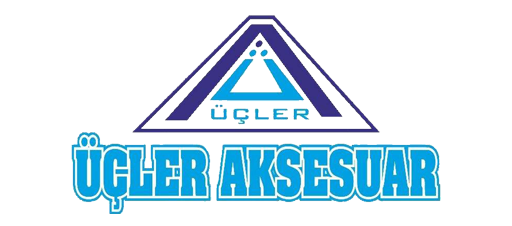How can prescription drug addiction be treated? National Institute on Drug Abuse NIDA

Be ready to answer these questions so that you can focus on points you want to spend more time on. Preparing and anticipating questions will help you make the most of your time with the health care provider. Treatment for opioid addiction includes medications that can help people get control without a high chance of addiction. The full report, a quick reference guide, and all the charts found in the report are available for download below. These materials are part of CHCF’s California Health Care Almanac, an online clearinghouse for key data and analyses describing the state’s health care landscape.
Preventing prescription drug abuse in teens
It’s possible but not common to become addicted to or dependent on opioids when you use them for a short time or under a doctor’s close watch. But when you take them for a long time, they can lead to drug abuse, dependence, drug addiction and addiction. Abusing drugs — even prescription drugs — can change how your brain works.
Prescription Drug Abuse

Methadone is a synthetic opioid prescription drug abuse agonist that prevents withdrawal symptoms and relieves drug cravings. It works by acting on the same mu-opioid receptors as other opioids such as heroin, morphine, and opioid pain medications but at less intensity and for longer duration. Methadone has been used successfully for more than 40 years to treat heroin addiction but is generally only available through specially licensed opioid treatment programs. Stimulant abuse involves using substances that increase energy, alertness, and focus. In addition to illicit stimulants like cocaine and methamphetamine, prescription stimulants (such as Adderall and Ritalin) are also commonly misused, especially among students and professionals.
Stimulant Abuse

People who struggle with addictive behaviors are often in denial or unwilling to seek treatment. And they may not realize how their behavior is affecting themselves and others. An intervention can motivate someone to seek help for addictive behaviors. This process, known as deprescribing, involves reducing the dose, gradually tapering off, or eliminating drugs that may contribute to memory loss. Another approach is switching to a different class of medication with fewer potential complications.

Hallucinogens are substances that alter perception, thoughts, and feelings. These drugs, such as LSD, psilocybin (mushrooms), and PCP, are often abused for their mind-altering effects. Hallucinogen abuse may lead to psychological dependency and long-term mental health issues. These include opioids, sedatives, tranquilizers, and stimulants. These medicines manage pain well and can help boost your quality of life when you follow your doctor’s directions on taking them.

Tobacco and Nicotine Abuse
- In fact, Lloyd-Jones says the data suggests that statins may be protective against cognitive decline, since they are effective at preventing strokes.
- Because commonly abused prescription drugs activate the brain’s reward center, it’s possible to develop physical dependence and addiction.
- Prescription drugs are commonly misused substances by young people.
A .gov website belongs to an official government organization in the United States. Inhalants can cause sudden sniffing death syndrome (a sudden fatal reaction from inhaling toxic substances) and long-term organ damage. Due to the toxic chemicals in these products, even a single use can be dangerous.
If you’ve been taking buprenorphine in pill form and your body has gotten rid of all of the drug you were abusing, you might have another form of buprenorphine implanted under your skin. If you take CNS depressants for a long time and stop suddenly, you might have life-threatening problems such as withdrawal seizures. Some people using them illegally snort or inject them to get that effect faster. Injecting drugs raises your chances of getting diseases like HIV and hepatitis C.
- Think of an intervention as giving your loved one a clear opportunity to make changes before things get really bad.
- Be ready to answer these questions so that you can focus on points you want to spend more time on.
- Inhalants are commonly misused by young people due to their easy accessibility.
- An increasing problem, prescription drug abuse can affect all age groups, including teens.
- These medicines manage pain well and can help boost your quality of life when you follow your doctor’s directions on taking them.
Ask your provider if you’re on the lowest effective dose to manage your condition. Higher doses of certain medications can increase the risk of memory loss, so it’s essential to find the right balance. It’s also possible that other potentially treatable health issues not related to the medication may be messing with your memory, such as anxiety and poor sleep. “Seizures themselves, if the seizures are uncontrolled, can affect memory as well,” Husain says. Note, certain medications can affect both short- and long-term memory, while others may affect only one.






